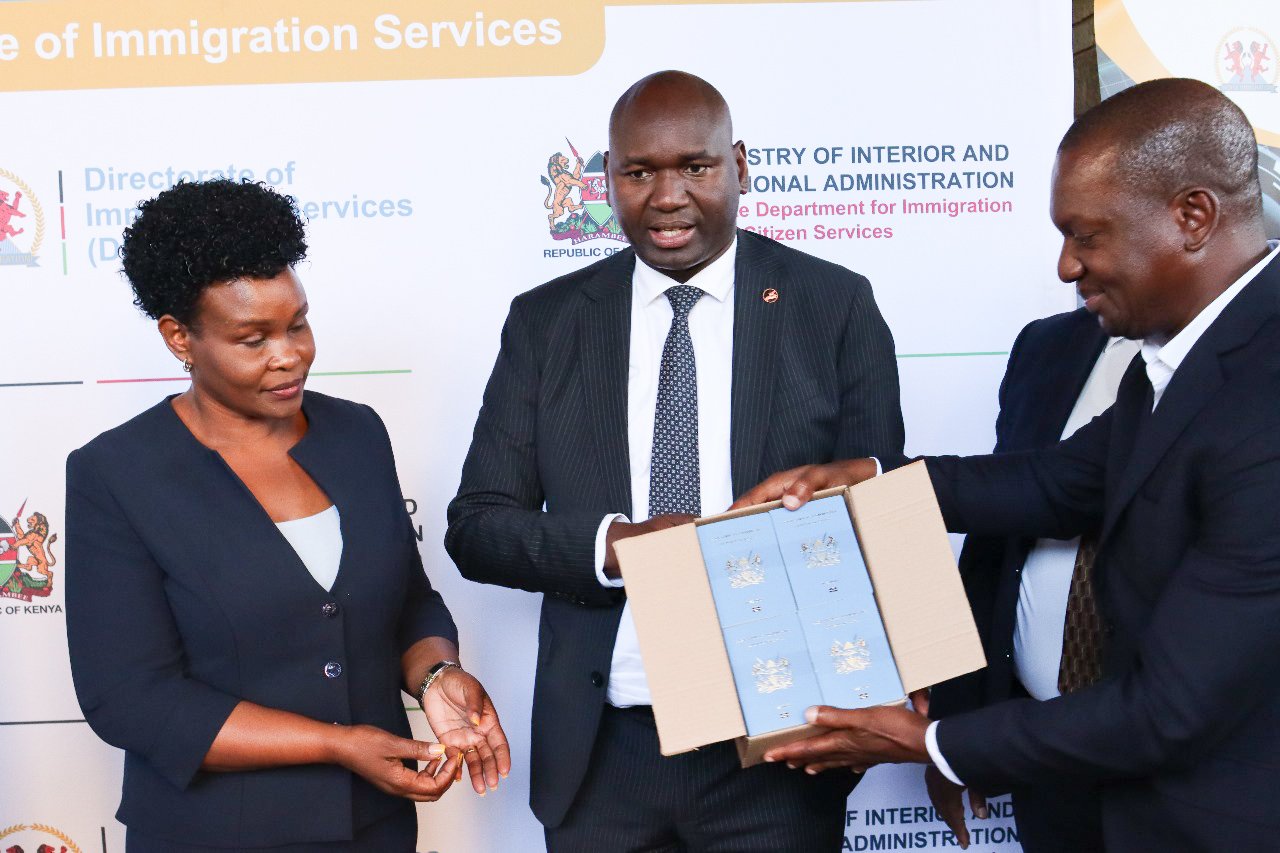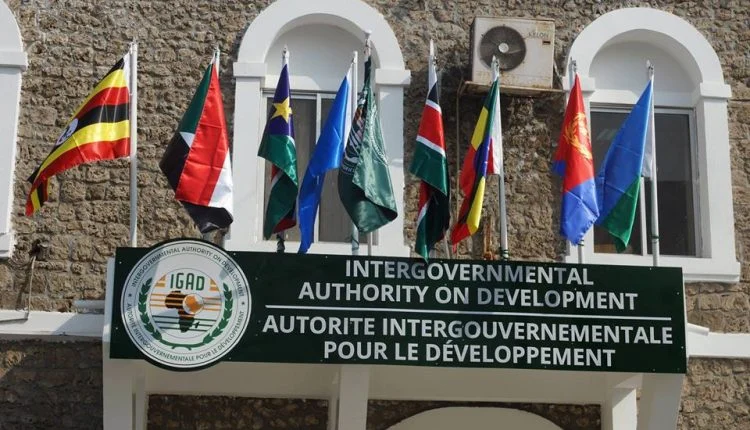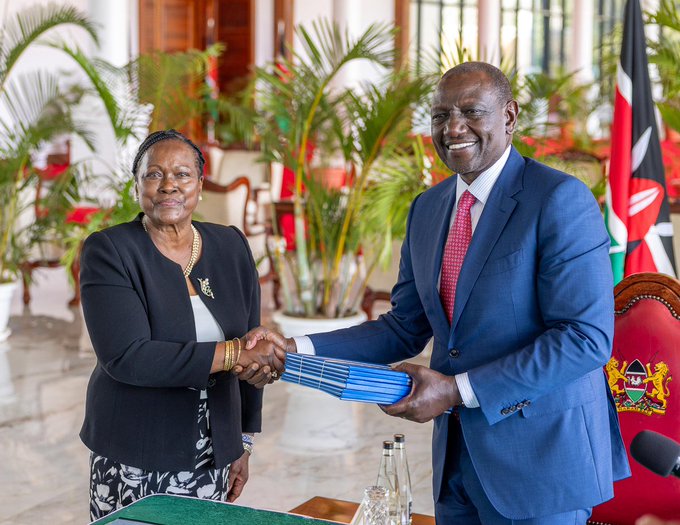State urges Kenyans to pick 87,000 uncollected passports

Out of the 87,000 uncollected passports, 50,000 alone are from Nairobi.
The government has asked Kenyans who had applied for passports to go and collect them.
Immigration PS Julius Bitok on Sunday said the backlog they have at Nyayo House is for uncollected passports."
More To Read
- 26 arrested in crackdown on criminal network illegally issuing government documents
- Kenya's passport falls to 70th position in 2025 global ranking
- 514,000 passports issued despite delays in application process - GPA
- Over 57,000 printed passports remain uncollected, Immigration PS reveals
- Kenyan passport's status drops slightly in latest Henley Index global ranking
- State clears passport backlog, opens new offices to ease access for job seekers
"I want to make it clear that we resolved the backlog issues at immigration and that right now the backlog that we have is for uncollected passports," he said during an interview at Citizen TV.
"We have 87,000 uncollected passports. In Nairobi alone, we have 50,000. I call upon Kenyans, let us come for our passports," Bitok added.
The PS said the department has sent messages to those whose passports are ready.
Painting a picture of how busy Nyayo House is, PS Bitok said on average, the Immigration Department receives about 5,000 people daily seeking for various services.
Out of these, 2,000 come for passport applications, 2,000 for collection, and 1,000 come for foreign national services like work permits, citizenship, and permanent residence.
"There is a lot of travel demand, every Kenyan is seeking an opportunity to go out there to work, to go for a scholarship," Bitok explained.
He added that the government is not making any profit from the sale of the passports.
Additional printing machines
After the purchase of two additional printing machines, the government started to print 600 passports per hour
In April, Interior CS Kithure Kindiki announced that all applicants for the Kenyan passport will receive them within 21 days from the date of application beginning from May 1, 2024.
To make it more effective the government also plans to reduce the days further to three days.
This means that Kenyans will be able to apply for and receive their passports within 72 hours.
"This period will be reduced to seven days effective August 1, 2024, and down to three days effective November 1, 2024," Kindiki added.
Among the key issues addressed as highlighted by Kindiki include, corruption, disruption of the passport booklet raw material supply chain globally, dilapidated printing infrastructure for the personalisation of passport booklets, and delivery inefficiencies.
Kindiki attributed the surge in passport applications to the government's labour export policy but assured that adequate infrastructural, systemic, and personnel arrangements had been put in place to ensure timely service delivery.
Top Stories Today
















































